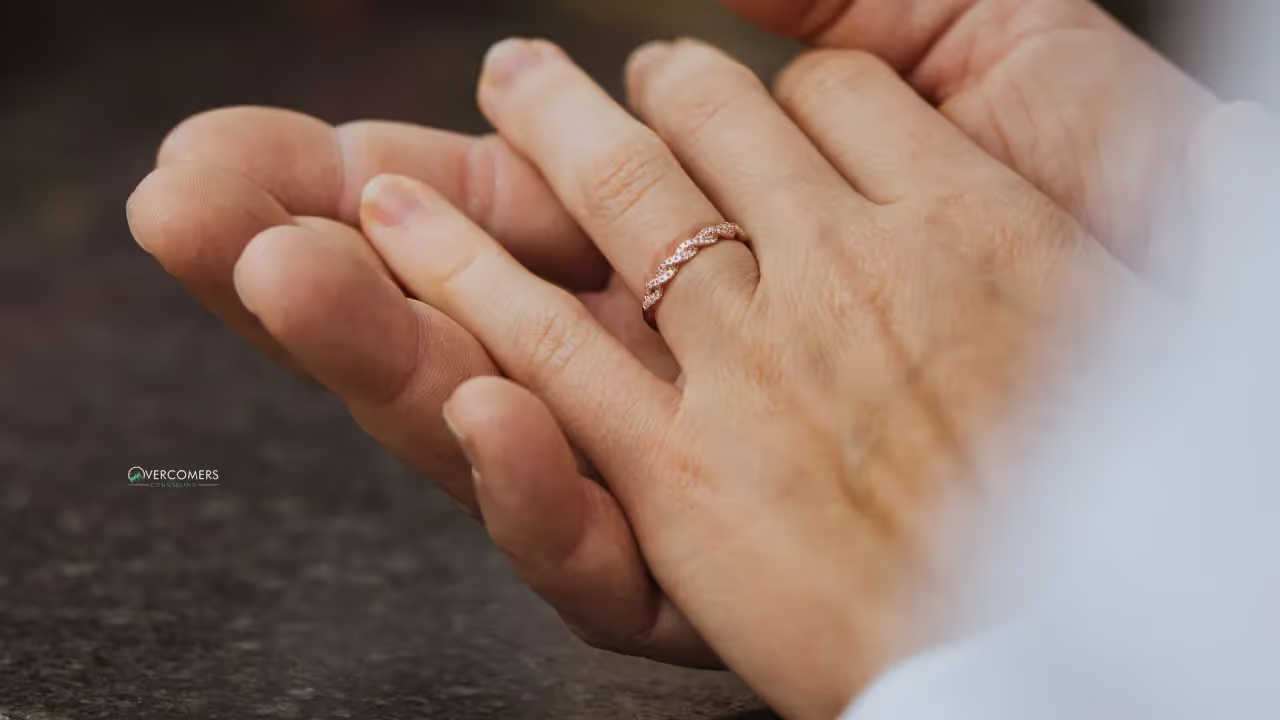Caregiving for an individual with bipolar disorder can be both difficult and rewarding. In the first place, the reality of things is that family and friends...

Caregiving for an individual with bipolar disorder can be both difficult and rewarding. In the first place, the reality of things is that family and friends are just as affected by the onset of bipolar disorder as the individual with the diagnosis. While it's admirable that you've taken the time to offer your loved one support for bipolar disorder, caregivers of bipolar people should remember a few things. Caregivers of bipolar people should remember they can help a bipolar person by supporting and promoting a healthy lifestyle with sleep, clean eating, etc. According to research, a healthy lifestyle can lessen symptoms and improve the overall quality of life of a person suffering from bipolar disorder.
Caregivers of bipolar people should remember that as best they can; they themselves should get into the habit of practicing self-care always. As a caregiver, it is essential to pay attention to signs of self-care neglect or a general lack of healthy habits. Also, caregivers of bipolar people should remember that communication and support are important parts of caring for someone with bipolar disorder. Healthy relationships are supported by two-way communication. Ensure that everyone participating in any communication process is prepared to both speak and listen.
Below are more details on five things caregivers of bipolar people should remember.
Self-care should be your top priority. Taking care of someone who has bipolar disorder can be a demanding and difficult task. It could negatively affect your health and your relationships. The treatment of your loved one's bipolar disorder is important to you, but in the long run, you will be more helpful if you put your own needs first. In order to be effective caregivers, it is essential for caregivers to put their own needs first. Taking time off to recharge is an important part of self-care for caregivers. It's crucial to take some time away from your caregiving responsibilities in order to refuel. When you are already exhausted, there is only so much you can do. There are a variety of resources available online to help caregivers manage the emotional and mental strain of their role.
It can be difficult for someone with bipolar disorder to recognize when their mood is changing. There are usually some warning signs that someone is about to have a mood episode, and these signs are fairly universal. Many bipolar people will have triggers, such as stress, that can bring on an episode. Caregivers should remember to take note of what they are seeing; is it consistent with the beginning of previous episodes, or is it different? Remember that you, as a caregiver of a bipolar person, can help to teach your charge how to identify and cope with the triggers that set off their episodes. You can assist the situation by politely pointing out what you've noticed and being as specific as possible. For instance, "I've noticed you haven't slept the last three nights, how are you feeling?"
Avoid making assumptions and accusations during the conversation.

Both bipolar person and their caretaker can benefit greatly from open lines of communication and encouragement. Maintaining open and honest communication about the patient's symptoms and treatment plan is crucial. Situations, where you are forced to make assumptions, can be avoided with communication. If you have a loved one who suffers from bipolar disorder, you may find yourself constantly on the lookout for warning signs of an impending episode. This is completely understandable. But this might not be the best way to support them. It is best for the caretaker and the person receiving care to communicate in order to avoid any potential conflicts.
Also, one of the main causes of caregiver stress is a lack of social support. Support from family, friends, and mental health professionals may also be helpful for caregivers. Recognizing that caring for someone with bipolar disorder may require a group effort is crucial.
Medication is a crucial part of managing bipolar disorder, but it is not the only crucial factor. The way one lives their life can also have a big effect on how one feels and how healthy they are overall. Encourage healthy behaviors like regular exercise, a well-balanced diet, and a regular sleep schedule as a caregiver. However, it's important to remember that people with bipolar disorder will have varying responses to lifestyle changes. What works for one bipolar person might not work for another. Finding what works best for a person is crucial.
Extreme mood swings are a hallmark of bipolar disorder, a mental health condition. Mood swings can range from mania, where the person feels extremely happy and full of energy, to depression, where they may feel sad and unmotivated. As a caregiver, you must know what you're up against. Many caregivers require even the basic information about their loved one's condition. There are numerous print and online resources for learning about bipolar disorder. It is essential for caregivers to comprehend the symptoms of bipolar disorder and how they may affect the individual they are caring for. They will then be able to navigate the caregiving process.
Although providing care for a person with bipolar disorder can be challenging, it's important to remember that there are supports available that can help. You should never take on too much responsibility for too long. Also, if feelings of stress and anxiety are constant, you should take some time away to rest and regain your bearings. It can be important to you to offer support for bipolar disorder to your loved one but you must always remember your own health too. By doing so, you can help the person you're caring for manage their symptoms and live a fulfilling life. Some things caregivers of bipolar people should remember includes; self-care for the caregiver, helping to notice mood changes, communication and support, the impact of lifestyle, and becoming educated.
https://www.bphope.com/bipolar-buzz/10-self-support-tips-for-caregivers-of-people-with-bipolar/
https://caregiver.com/articles/caring_bipolar_disorder/
https://ibpf.org/about-bipolar-disorder/i-care-for-someone-with-bipolar-disorder/
https://www.familyaware.org/caregiver-to-caregiver-bd-support/
https://www.bellfoundation.org.au/support-tips-for-bipolar-disorder-caregivers/
Supporting someone with bipolar disorder starts with compassion, patience, and a solid understanding of what they’re navigating. Offer steady emotional support, encourage them to stay connected to treatment, and avoid taking their symptoms personally. And remember, caring for yourself matters too. Overcomers Counseling can help guide both you and your loved one through these ups and downs.
There isn’t one single cause of bipolar disorder—it’s usually a blend of genetics, brain chemistry, and life experiences like stress or trauma. Think of it as a complex puzzle with several interconnected pieces. When you’re ready to make sense of those pieces, Overcomers Counseling is here to help you put the picture together.
Absolutely. Bipolar disorder may be a lifelong companion, but with consistent treatment and support—like the kind offered at Overcomers Counseling—you can build a life that feels steady, healthy, and genuinely yours. Think of it like learning to drive on a windy mountain road: tricky at first, but totally manageable with the right guidance.
Five common signs of bipolar disorder include dramatic shifts in mood, energy, and activity levels. This often shows up as episodes of mania—high energy, excitement, or irritability—and episodes of depression marked by sadness or hopelessness. Other signs may include disrupted sleep, racing thoughts, and impulsive or risky decisions. If these sound familiar, Overcomers Counseling can help you sort through the noise and find clarity.
Living with bipolar disorder can feel like riding a roller coaster you didn’t exactly sign up for—episodes of deep depression on one end and bursts of high energy or euphoria on the other. Everyone’s experience looks a little different, and at Overcomers Counseling, we recognize that your story deserves to be understood on its own terms.